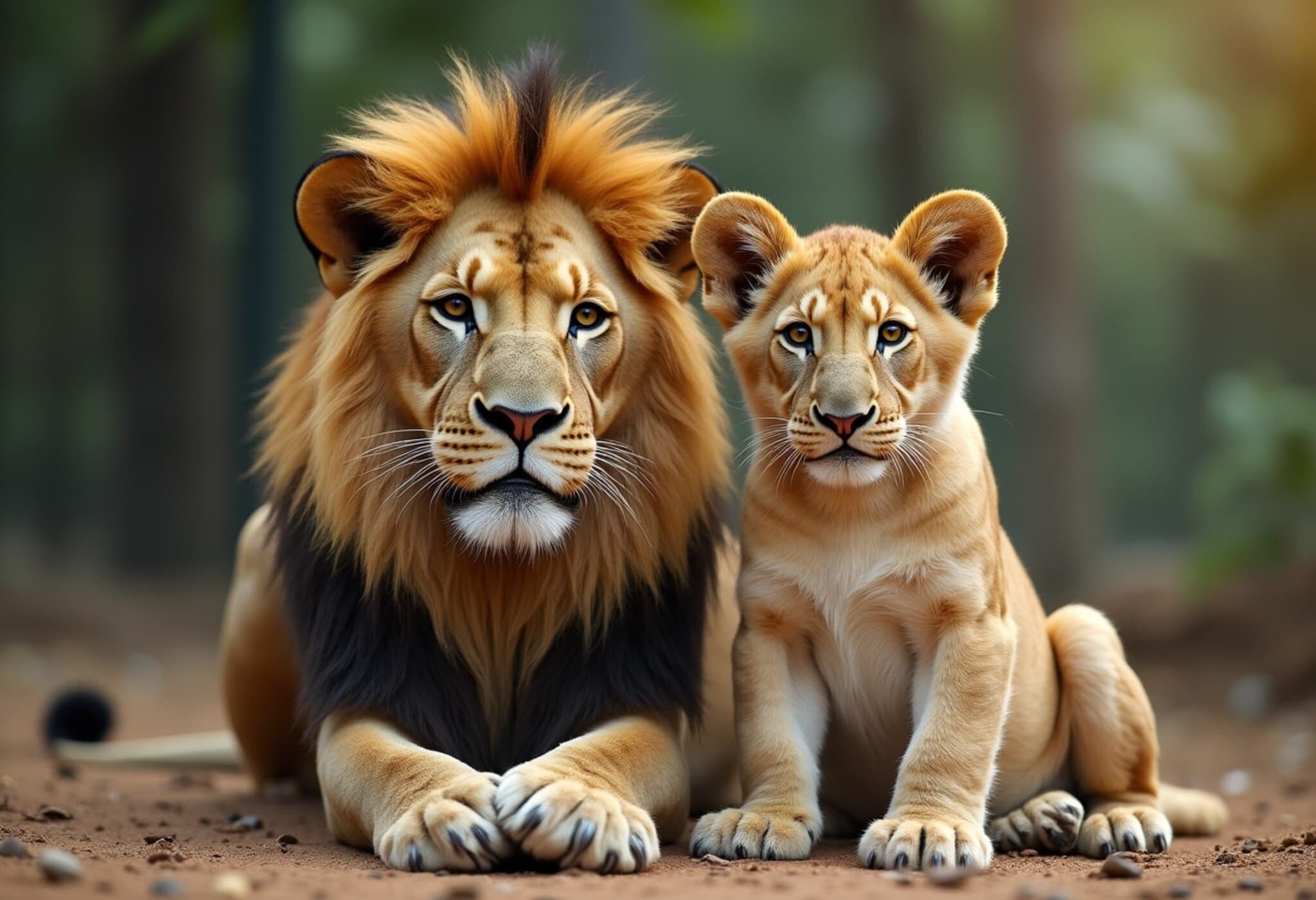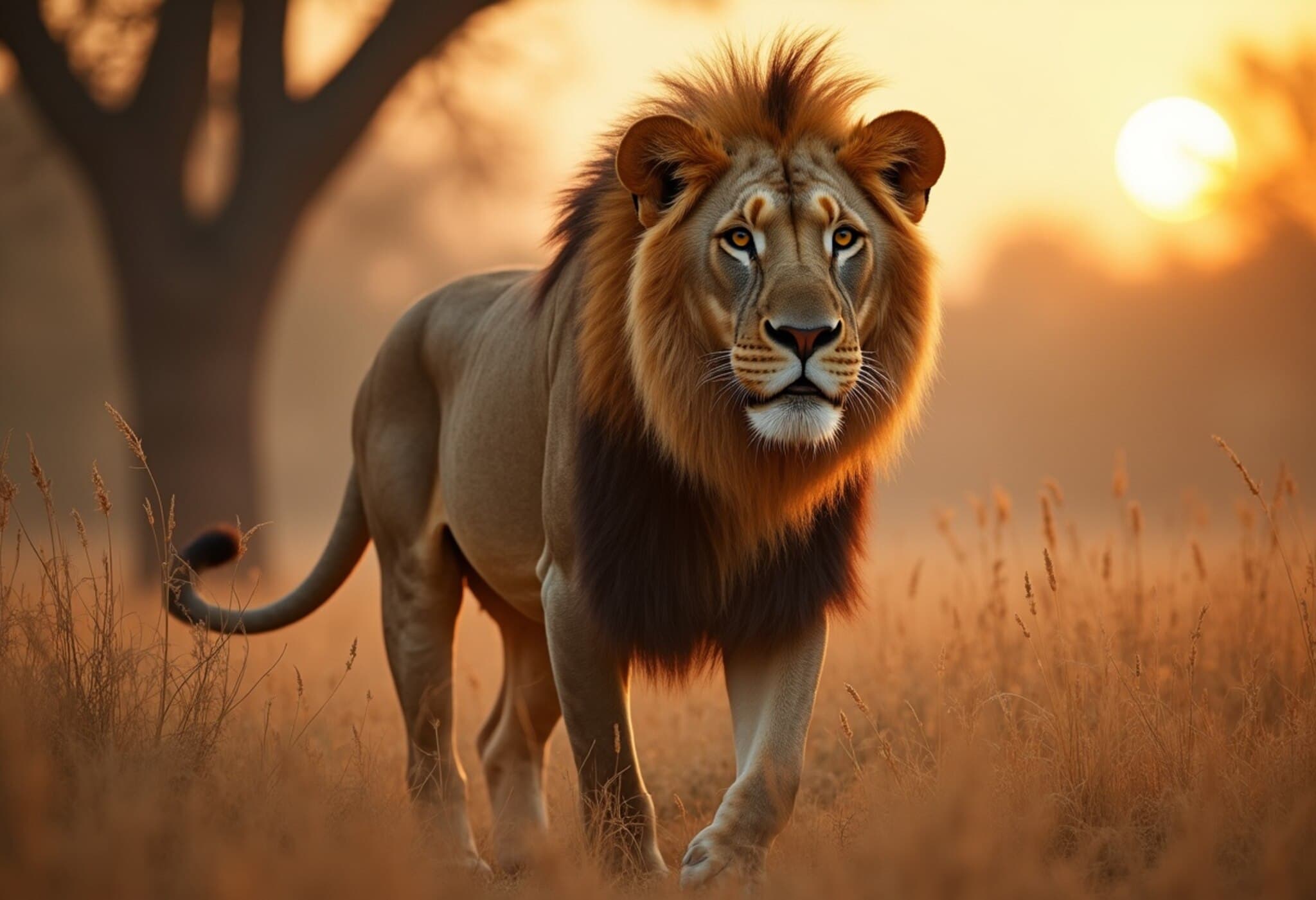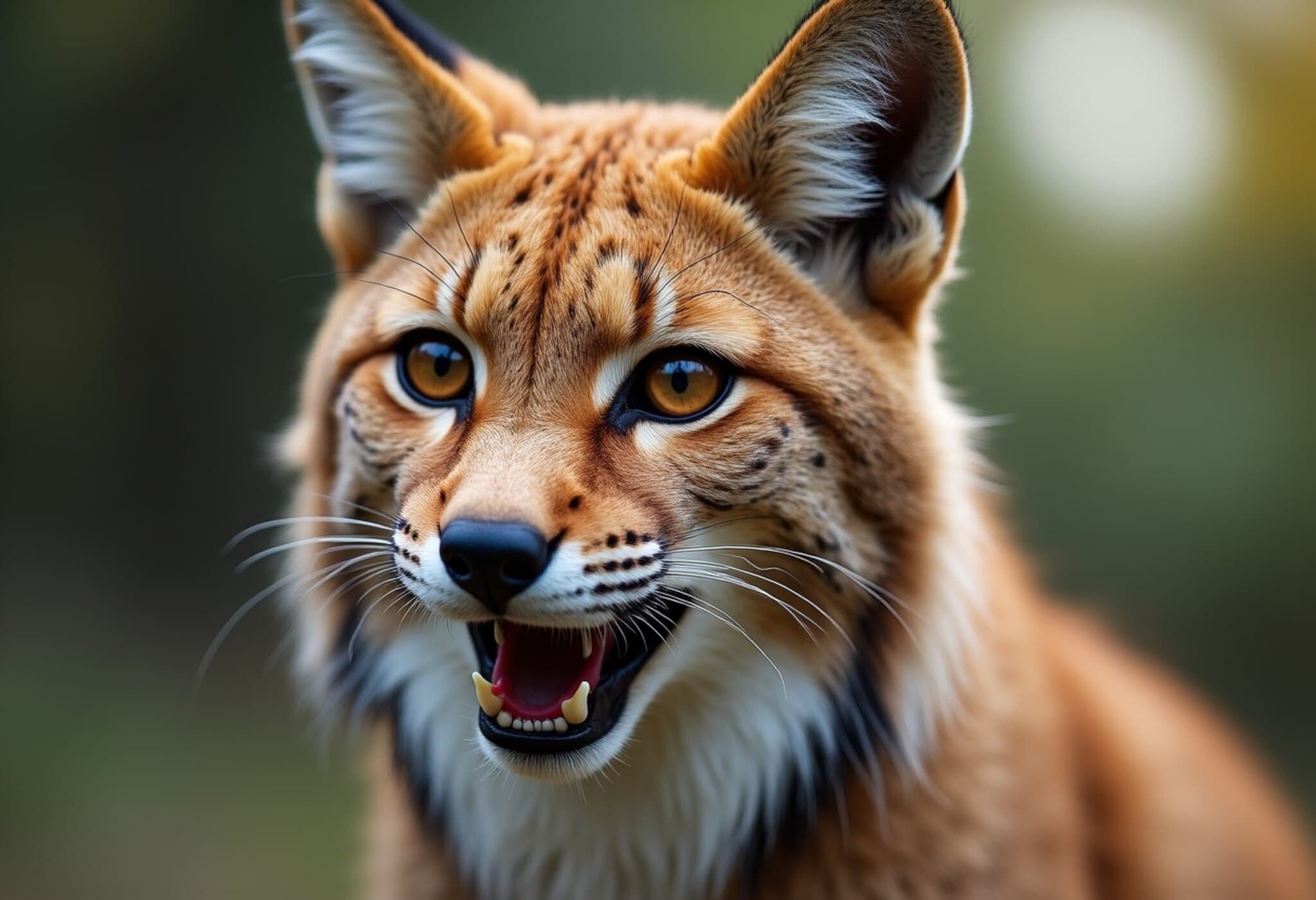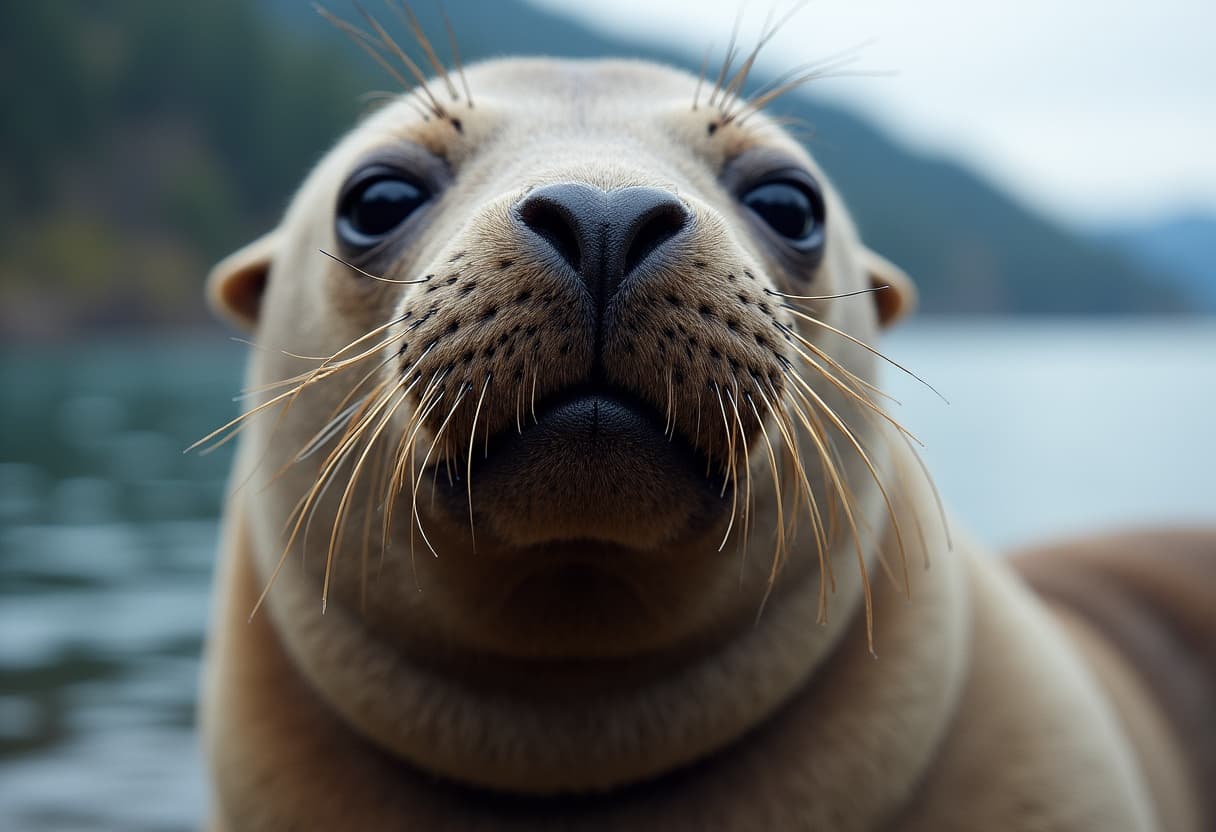World Lion Day 2025: A Beacon of Hope for Asiatic Lions at Vizag Zoo
On August 10, 2025, as the world marks World Lion Day, Indira Gandhi Zoological Park (IGZP) in Visakhapatnam is celebrating more than just awareness. The zoo’s pair of Asiatic lions — a remarkable species edging towards survival — have adapted well to their environment, fueling hope for new cubs that could strengthen conservation efforts.
Meet Patwad and Kumari: A Growing Bond in Captivity
The Asiatic lion pair, 12-year-old male Patwad and 4.5-year-old female Kumari (also called Maheswari), arrived at IGZP in 2019 and 2023 respectively. According to Zoo Curator G. Mangamma, the two share a harmonious relationship that’s vital for breeding success.
“Patwad and Kumari often lounge together in the shade, playfully nudging one another — a promising sign they are ready to start a family,” Mangamma reveals.
Lions reach reproductive maturity between three and four years old, and with Kumari well within this age bracket alongside mature Patwad, the zoo’s optimism about upcoming cubs is well-founded. New births here wouldn’t only be heartwarming; they’d represent a crucial contribution to the fragile Asiatic lion population.
The Plight of the Asiatic Lion: Why Every Cub Counts
Asiatic lions (Panthera leo persica) are critically endangered, with a wild population predominantly confined to the Gir Forest National Park in Gujarat, India. Distinct from their African cousins, Asiatic lions are slightly smaller, males sport a less pronounced mane, and they feature a unique fold of skin along their belly.
Despite their resilience, these majestic creatures survive on a slender ecological thread, vulnerable to habitat loss, disease, and genetic bottlenecks due to their limited numbers. Zoos like IGZP play an indispensable role by participating in specialized breeding programs that preserve and potentially expand their populations.
Behind the Scenes: Care, Nutrition, and Conservation Strategy
Caring for Patwad and Kumari is not just routine animal husbandry—it’s a delicate balance of nutrition, health monitoring, and environmental enrichment designed to stimulate natural behaviors.
- Each morning, the lions receive 1.5 kg of dressed chicken, supplemented with half a litre of milk and raw eggs to boost protein intake.
- Evenings are reserved for 6 to 8 kg of beef enriched with liver, a carefully supervised diet ensuring all nutritional needs are met.
- The veterinary team meticulously inspects all food to maintain safety and quality standards, essential for the lions’ robust health and reproductive readiness.
Such tailored care not only supports immediate well-being but also enhances the chances of successful mating and cub rearing.
Community Engagement: Adoption Programmes and Conservation Awareness
IGZP encourages wildlife enthusiasts to participate actively through its animal adoption program, fostering a deeper connection between the public and endangered species like the Asiatic lion. This approach not only generates crucial funding but also raises awareness in a country that treasures its natural heritage.
Expert Perspectives and Broader Implications
Conservation experts emphasize that encouraging captive breeding pairs to thrive is a vital supplement—not a substitute—for in-situ conservation in the Gir Forest. The holistic challenge remains creating corridors, improving habitat quality, and mitigating human-wildlife conflict to ensure long-term survival in the wild.
Dr. Sunita Rao, wildlife biologist specializing in big cats, notes: “Captive breeding programs at zoos like IGZP are critical insurance policies for the species. Still, we must remember that Asiatic lions’ true future lies in protected landscapes. Raising public awareness through events like World Lion Day amplifies these conservation imperatives.”
Looking Ahead: A Symbol of Hope and Resilience
As the world honors the lion’s royalty and resilience on this special day, Patwad and Kumari’s story at Vizag zoo symbolizes renewed hope. Each nurturing gesture and every hopeful glance towards future cubs signals a step forward—not just for the lions, but for conservation efforts across India and beyond.
Editor’s Note
World Lion Day reminds us that while African lions often dominate headlines, Asiatic lions represent a unique and vulnerable lineage in urgent need of our attention. The encouraging developments at Vizag zoo underscore how targeted captive programs complement broader conservation strategies. Yet, this story also raises critical questions: How can India expand natural habitats and minimize threats outside zoos? What role can local communities play to coexist with these majestic creatures? Such conversations are essential to transforming temporary hope into permanent recovery.











